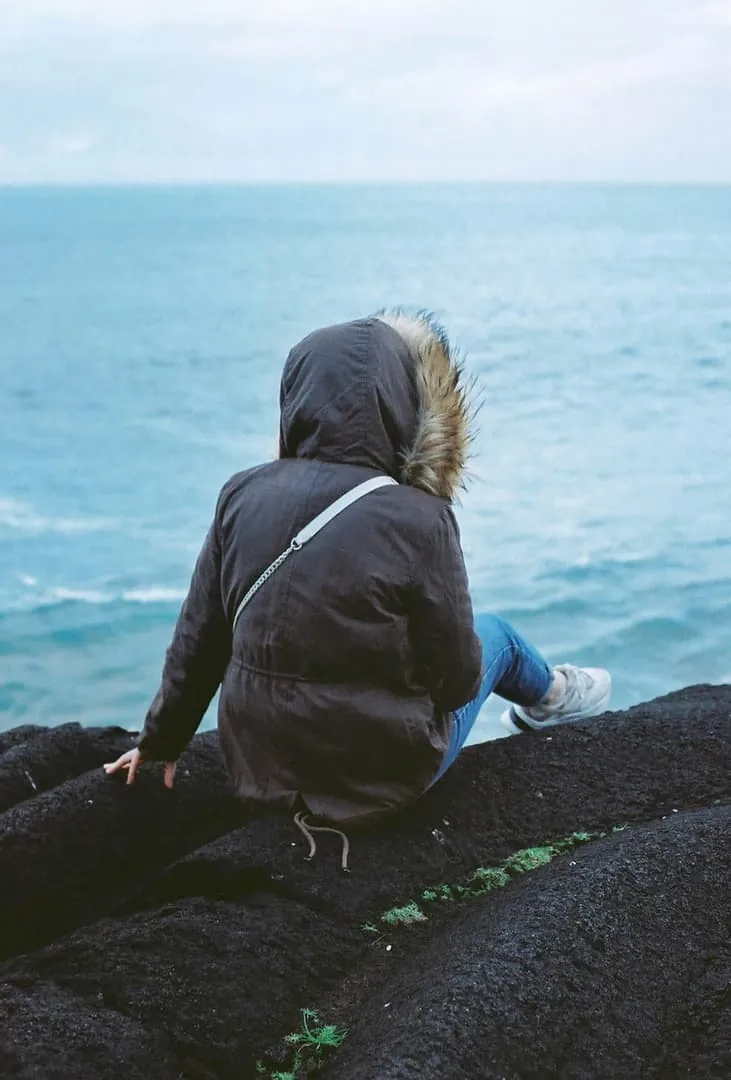
Slow Living, Deeper Love: The Ecological Power of Human Connection
Ecological transition doesn't start only with technology or policy — it begins in how we relate. In a hurried world, rediscovering slowness, listening, and presence is an ecological act in itself. In 2025, loving better already means living more sustainably.
1. Time – the first renewable resource
Our days overflow — tasks, screens, noise. Yet time is the one resource we can regenerate by choice. Slowing down isn't giving up; it's reclaiming attention. Sociologists call it an ecology of connection — valuing quality of life over quantity of activity. Less speed, more meaning.
2. The sustainable couple
A peaceful relationship is low-carbon by nature. Stable households tend to waste less — fewer impulsive trips, fewer "comfort purchases," more homemade meals. Shared slow activities — cooking, gardening, walking — lower both stress and emissions. Romance, it turns out, is carbon-light. For more meal ideas, check out our guide to budget-friendly autumn meals.
3. Friendship as ecological practice
Sharing instead of buying — tools, clothes, time, know-how. Friend networks become small resilience hubs. In Berlin, "Slow Friends" groups trade time instead of money: shared meals, childcare, help with repairs. Every human exchange replaces a consumer one. Learn more about reusing before recycling to extend this mindset.
4. Family and generations
Intergenerational living is back: one home, many lives. Shared spaces save energy and rebuild solidarity. Elders pass down memory; younger members bring digital skills. That blend of wisdom and renewal is one of sustainability's most human faces.
5. Mindful communication
We spend 6 hours a day on screens, but true communication remains spoken. Fewer digital messages mean lighter mental load and lower carbon footprint from data centers. Talking, walking, listening — simple acts restoring presence. Zurich University's 2024 study found that cutting screen time by 30% reduces household electricity use by 18%. For more energy-saving tips, see our autumn home energy guide.
6. Your pace, your ecology
Slow living isn't rejecting modern life — it's restoring perspective. Cooking slowly, meditating, reading a physical book — they calm the nervous system and curb the urge to buy. Joy slows consumption but accelerates awareness. Discover how slow mornings can transform your entire day.
7. Small rituals, big changes
A phone-free dinner. A Sunday with no agenda. A candle-lit evening instead of delivery and screens. These little choices halve evening energy use and double conversation. In Lyon households studied in 2024, weekly "digital detox nights" cut family stress by 40%.
8. Friendship as renewable energy
Social bonds are self-replenishing: the more you share them, the stronger they get. Eco-anxiety isolates, but solidarity heals. Volunteering, joining a local organic basket network, or helping a neighbor renews belonging — the emotional side of sustainability.
9. Work and the slow rhythm
Working slower doesn't mean achieving less. Across Europe, four-day weeks and "meeting-free days" are spreading. They cut commuting emissions by 12% and boost measured wellbeing. Sustainable performance is the one that lasts.
10. Slow love – an ecology of the heart
To love slowly is to listen before reacting, to give before consuming. Human connection, like nature, needs renewal. Conscious relationships pollute less — fewer conflicts, fewer material compensations, more sharing. In its slow form, love becomes an ecological act. For more on connecting with nature in urban spaces, read our guide to reconnecting with nature in the city.
People also ask
Is slow living compatible with modern work? Yes, when boundaries and priorities are clear. Why call it the ecology of relationships? Because sustainability depends as much on care as on carbon. How to slow down without guilt? Start small — ten quiet minutes, one shared meal, one mindful walk.
Conclusion: Slow living isn't regression — it's progress toward fullness, where every bond and gesture regains meaning. Love, friendship, family — human energies are endlessly renewable. Perhaps the real ecological revolution begins there: in how we care for one another.
About the author:
Alexandre Dubois is a European sustainability enthusiast who shares practical, tested tips for everyday life. From saving on household energy to reducing waste, he focuses on simple changes that deliver real impact. He writes from personal experience, testing solutions in his own home before recommending them. Contact: info@greendailyfix.com
Related posts
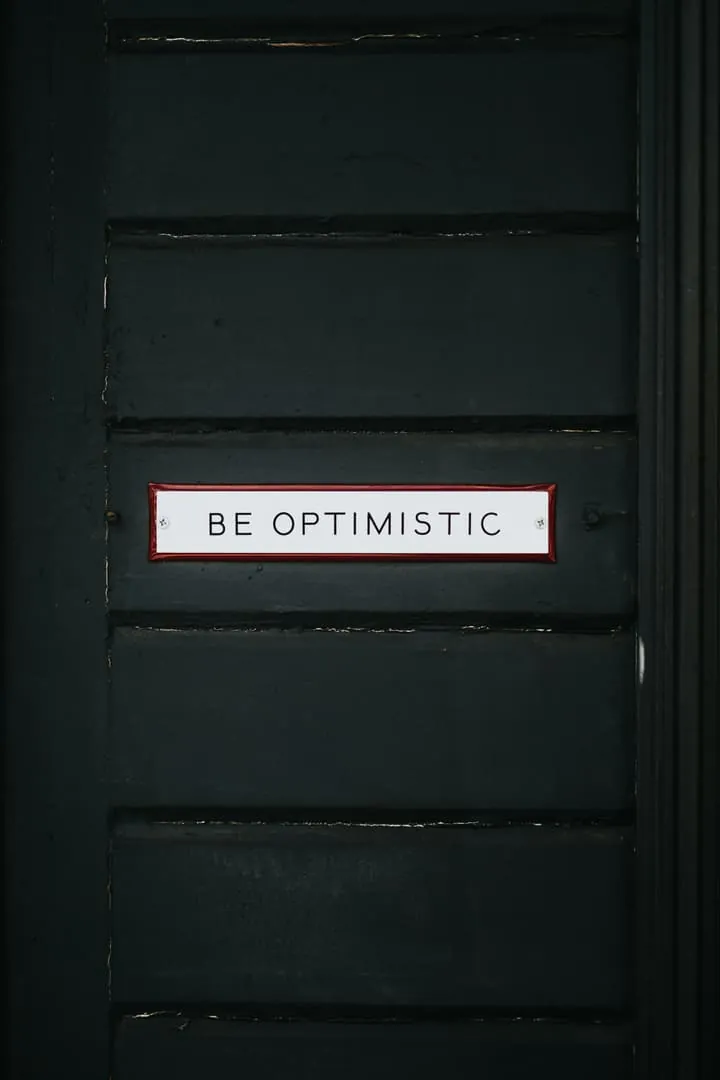
Most People Aren’t Failing at Sustainable Living — They’re Just Optimising the Wrong Things
If sustainable living feels harder than it should, there’s a reason — and it has nothing to do with laziness or lack of care. In 2026, many people aren’t doing too little for the planet. They’re simply spending their energy on choices that barely move the needle.
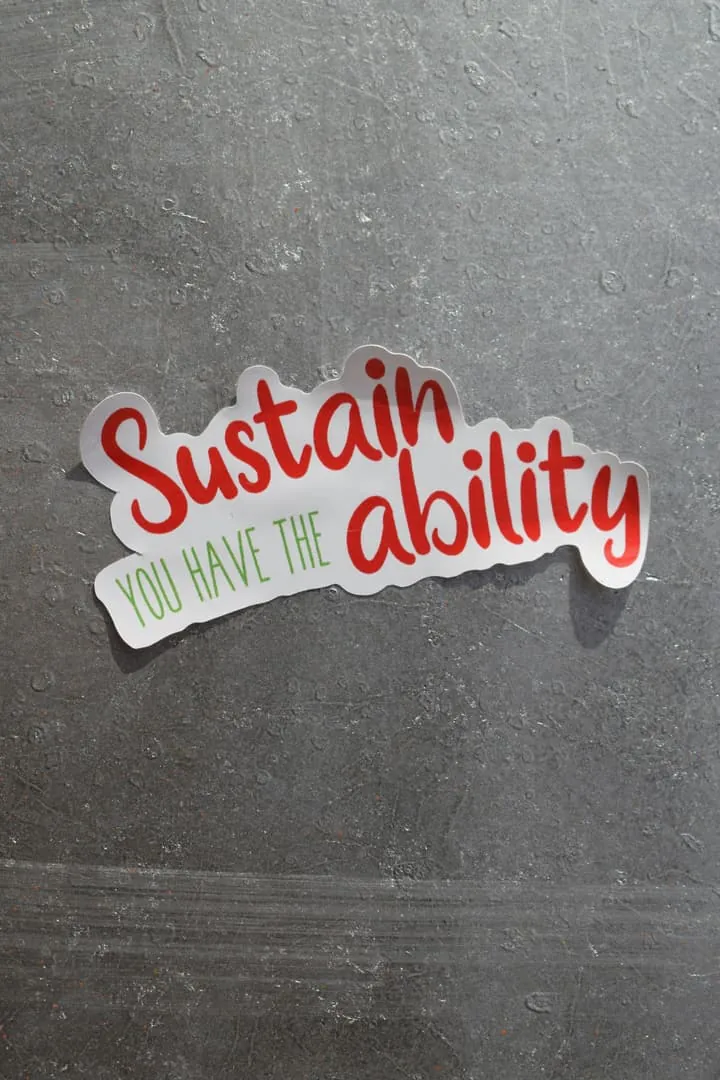
If You Want to Live More Sustainably in 2026, Stop Doing More — Start Choosing What to Ignore
After years of advice telling us to optimise everything, many people reach the same conclusion: sustainable living feels like constant self-surveillance. In 2026, the most effective green shift is not about adding new rules, but about consciously deciding what no longer deserves your energy.
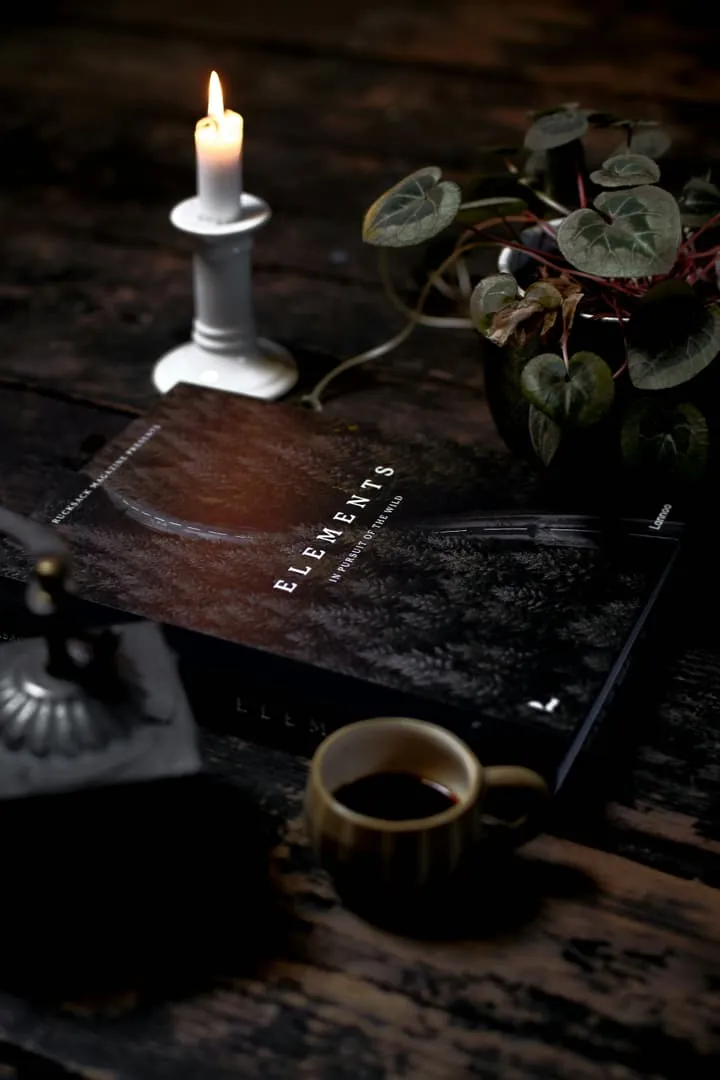
Why Sustainable Living Feels Exhausting - And How to Build a Green Life You Can Actually Maintain
Many people do not quit sustainable living because they do not care. They quit because it is exhausting. Too many rules. Too many contradictions. Too much pressure to do everything right, all the time. In 2026, this quiet fatigue has a name - and it is one of the biggest obstacles to real environmental progress.
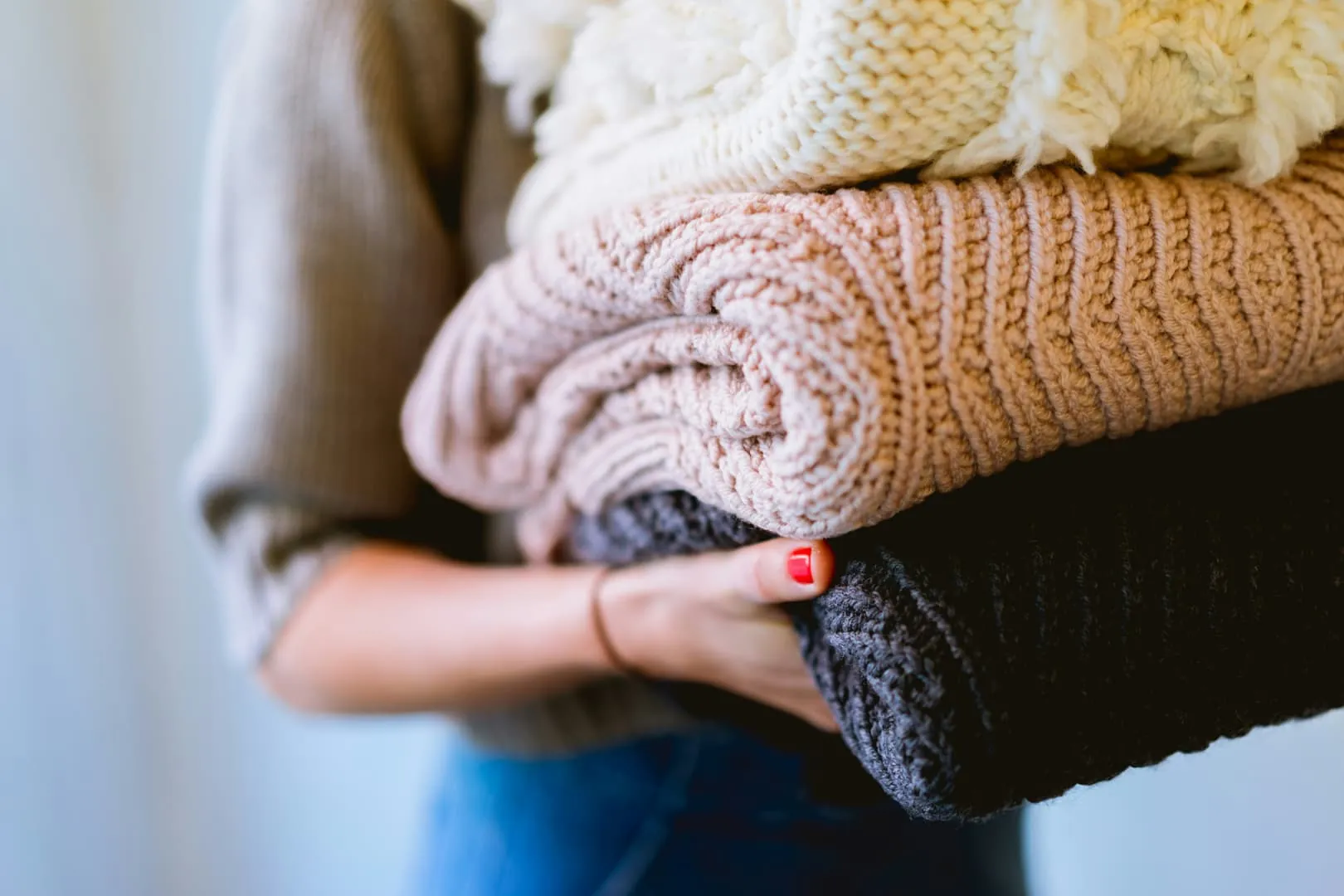
Your Laundry Might Be Polluting More Than Your Car: The Microplastic Problem at Home
Every time you wash your clothes, thousands of microscopic plastic fibres are released into water systems. In 2026, scientists agree: laundry is one of the largest sources of microplastic pollution — and it happens quietly, at home.